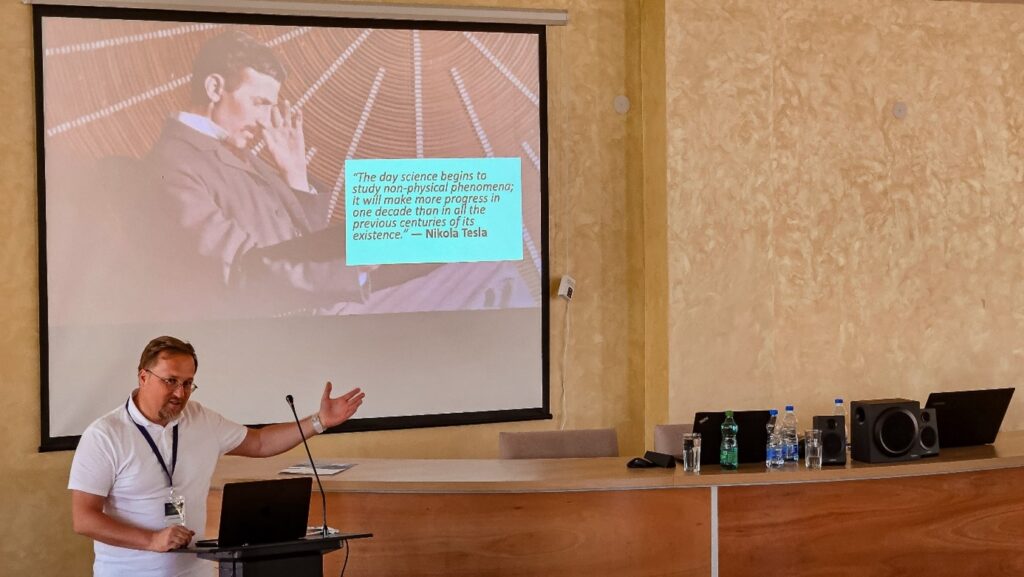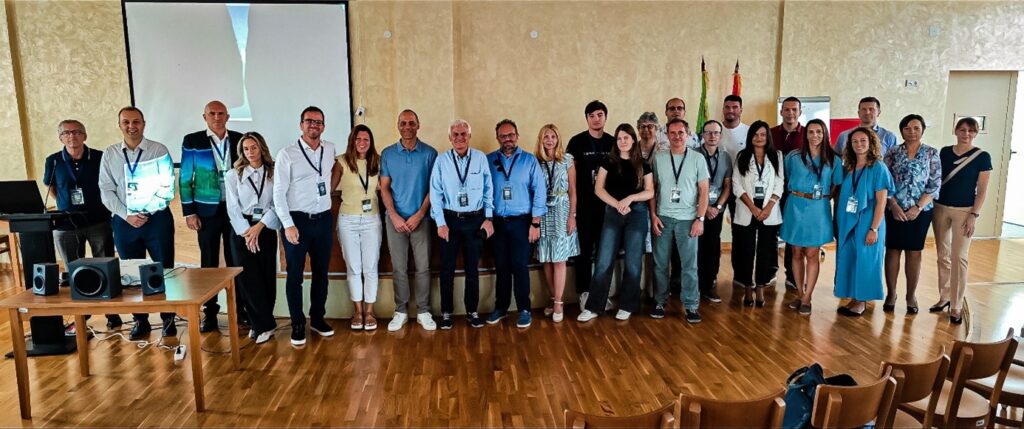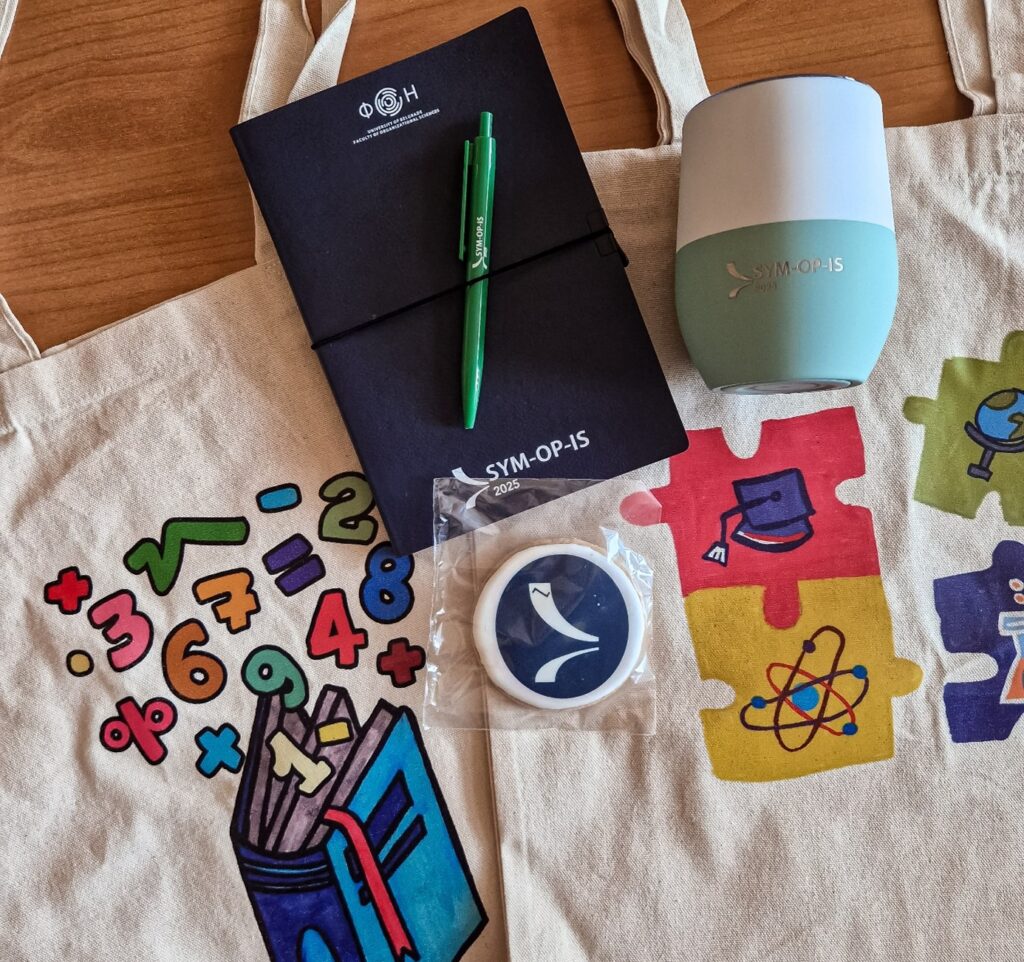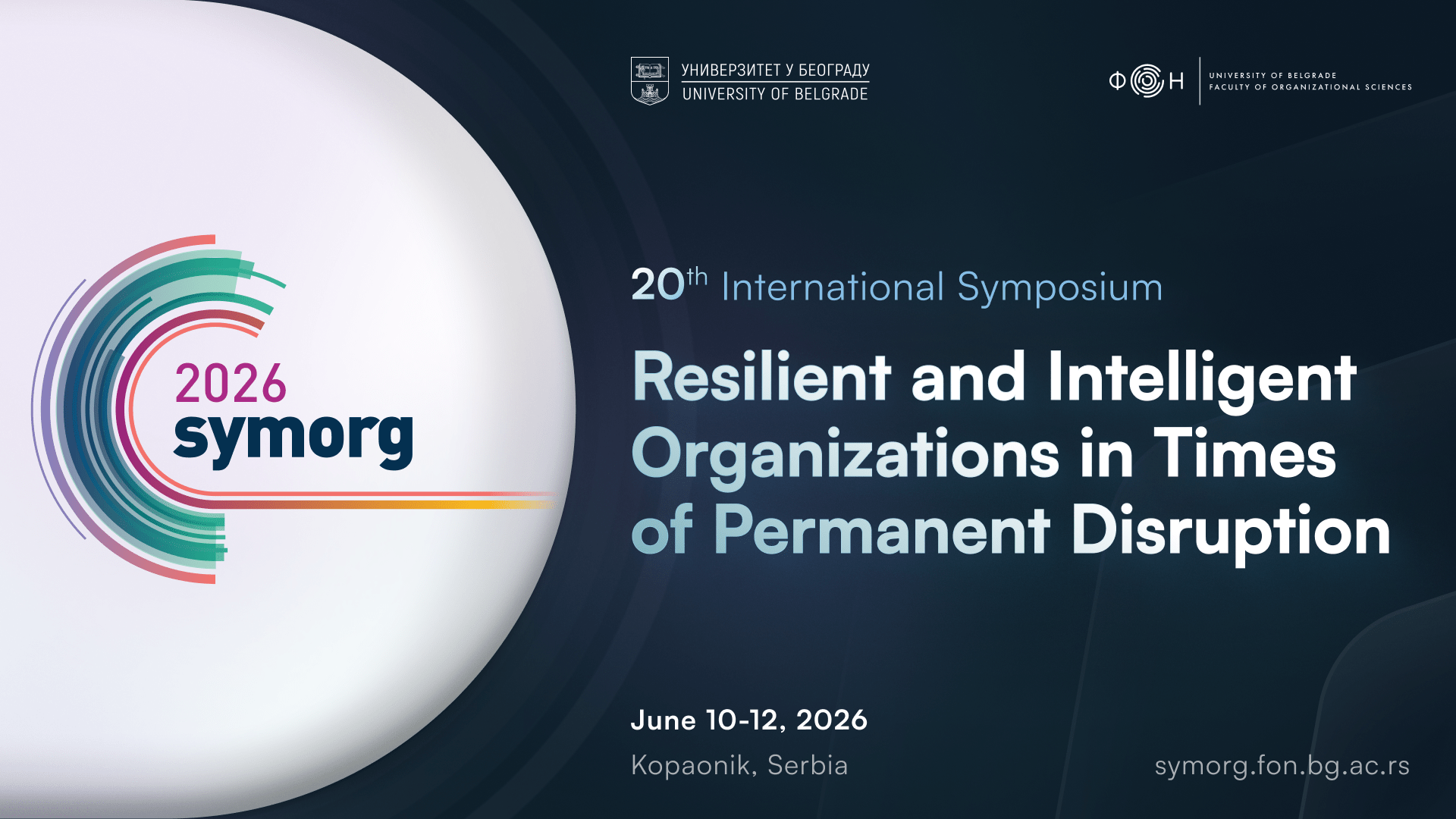From September 7 to 10, 2025, the 52nd International Symposium on Operational Research, SYM-OP-IS 2025, was held in Palić, organized by the Faculty of Organizational Sciences, University of Belgrade. This long-standing scientific gathering brought together researchers, educators, students, and industry representatives from Serbia and abroad, reaffirming its role as a key meeting point for theory and practice, as well as for the exchange of knowledge and experience.

The symposium was formally opened by the Chair of the Program Committee, Prof. Marija Kuzmanović, who emphasized the importance of the event for the advancement of operational research and the strengthening of cooperation between academia and industry. Participants were also welcomed by the Dean of the Faculty of Organizational Sciences, Prof. Marko Mihić, who highlighted the significance of preserving this long-standing tradition. A special festive note was added by the “Polifon” choir, an ensemble of the Faculty’s staff that has been bringing together multiple generations for a decade and cherishes a repertoire ranging from traditional to ceremonial choral works. The Organizing Committee was chaired by Prof. Bisera Andrić-Gušavac, whose team ensured a diverse program and excellent event organization.

Over three days, participants attended plenary lectures, more than twenty thematic sessions, as well as informal discussions and social events. Out of 129 accepted papers, 92 were presented (approximately 71%), including 84 in person and 11 online. Among them, 68 were written in English and 36 in Serbian. More than 300 participants gathered in Palić, with over 120 authors and presenters registered for in-person attendance. The papers covered a broad range of topics: performance analytics, reliability and risk management, logistics and supply chains, heuristic and metaheuristic methods, game theory, simulation and stochastic models, mathematical programming, geographic information systems, natural resource management and ecology, as well as applications of artificial intelligence in decision-making and process optimization.
The plenary and invited lectures attracted significant attention and set the stage for in-depth idea exchange throughout the symposium.

Prof. Edy Portmann (University of Fribourg, Switzerland) delivered a lecture titled Computing with Words and Perceptions, discussing fuzzy logic and the ways in which computer systems can approximate human reasoning and offer solutions grounded in common sense.

Prof. Dragan Vukmirović (Faculty of Organizational Sciences, University of Belgrade) presented The Symbiotic Future: Operational Research and Generative AI, demonstrating how generative artificial intelligence is already transforming operational research—from data synthesis and model generation to solving complex problems and developing adaptive systems—while emphasizing ethical challenges and the need for new theoretical frameworks. During the symposium, the book Generative Artificial Intelligence: Principles and Applications in Modern Business, co-authored by Prof. Vukmirović and Prof. Marina Jovanović Milenković, was also promoted.

Prof. Francesco Marcelloni (University of Pisa, Italy) gave an invited lecture titled Building Trust in AI: The Role of Ethics, Regulation, and Technology within the newly introduced artificial intelligence section of the symposium. He highlighted the importance of combining technical solutions, ethical principles, and regulatory frameworks, including the EU AI Act, to develop safe, fair, and transparent AI systems.

The organizers expressed sincere gratitude to all participants, members of the Program and Organizing Committees, and numerous volunteers whose dedicated efforts contributed to the success of the event. Special appreciation was extended to the sponsors—Egzakta Group, Coca-Cola Hellenic, Nescafe, and Zlatiborac—whose support was invaluable for the realization of the symposium. Thanks were also given to the Palić Student Resort for its exceptional hospitality and excellent facilities that enabled the seamless implementation of the program. Part of the participant materials was provided in collaboration with the organization “Dečje srce”, supporting their mission to assist individuals with intellectual disabilities.

Once again, SYMOPIS 2025 proved to be far more than a scientific conference. For three days, Palić became a vibrant hub of new ideas, scientific discussions, and networking among researchers and professionals from the region and around the world.




